![]()
![]()
![]()
Use LEFT and RIGHT arrow keys to navigate between flashcards;
Use UP and DOWN arrow keys to flip the card;
H to show hint;
A reads text to speech;
17 Cards in this Set
- Front
- Back
|
XI 1. Limits the power of federal courts to hear lawsuits against state governments brought by the citizens of another state or the citizens of a foreign country. 2. Rooted in the concept of federalism. 3. Ratified in 1795. |

|
|
|
XII 1. The president and vice president should not be from the same state. 2. The candidate with the most votes wins president and the runner up gets vice president. 3. Ratified in 1804. |

|
|
|
XIII 1. This amendment forbids slavery. 2. This is one of the civil war amendments. 3. President Abraham Lincoln made the abolition of slavery a key component to his 1864 re-election campaign. |
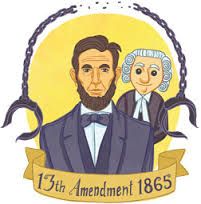
|
|
|
XIV 1. This amendment has caused the most law suits. 2. Ratified in 1868. 3. Defines national citizenship and forbidding the states to restrict the basic rights of citizens. |
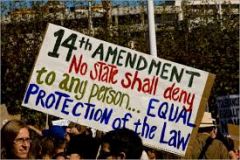
|
|
|
XV 1. Prohibits the federal and state governments from denying a citizen the right to vote based on race, color, or previous condition of servitude. 2. Ratified in 1870. 3. This amendment gave African Americans the right to vote. |
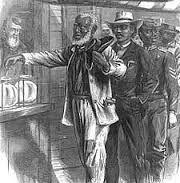
|
|
|
XVI 1. Gives congress the power to collect taxes on income without apportioning it along the states. 2. Ratified in 1913. 3. Federal income tax is necessary so that we don't have to share our taxes with other states. |
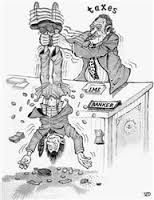
|
|
|
XVII 1. The election of United States senators by the people of the states. 2. Ratified in 1913. 3. Each senator stays for 6 years. |
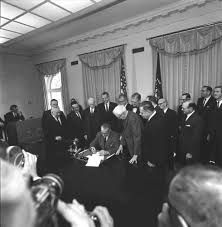
|
|
|
XVIII 1. This amendment banned the sale and drinking of alcohol in the United States. 2. The only amendment to be repealed from the constitution. 3. Ratified in 1933 |

|
|
|
XIX 1. Ratified in 1920. 2. Forbids voting rights discrimination anywhere in the U.S. based on sex. 3. Resulted in a campaign to allow women to vote. |
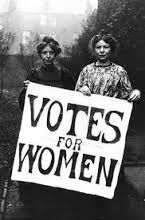
|
|
|
XX 1. Ratified 1933. 2. This amendment sets the dates at which U.S. government elected offices end. 3. Defines who takes the presidents place if he dies. |

|
|
|
XXI 1. ratified 1933. 2. Only amendment to repeal another amendment. 3. Ended prohibition. |

|
|
|
XXII 1. Ratified in 1955. 2. No person can be elected to more than 2 4-year terms as president. 3. Was passed in reaction to president Franklin D. Roosevelt's four terms in office. |

|
|
|
XXIII 1. Extends the right to vote in the presidential election to citizens residing in the District of Columbia by granting the District electors in the Electoral College, as if it were a state. 2. Passed congress in 1960. 3. Gives residents of Washington DC the right to vote. |

|
|
|
XXIV 1. 1. Citizens in some states had to pay a fee to vote in a national election. This fee was called a poll tax. 2. On January 23, 1964, the United States ratified the 24th amendment to the Constitution 3. prohibiting any poll tax in elections for federal officials. |
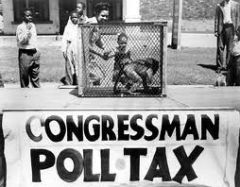
|
|
|
XXV 1. The Twenty-fifth amendment to the United States Constitution deals with succession to the Presidency and establishes procedures both for filling a vacancy in the office of the Vice President 2. As well as responding to Presidential disabilities 3. If the president dies then the vice president will replace them. |
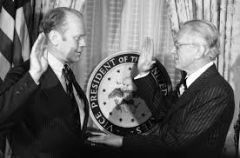
|
|
|
XXVI 1. The Twenty-sixth amendment to the United States Constitution prohibits the states and the federal government from using age as a reason for denying citizens of the United States who are at least eighteen years old the right to vote. 2. Ratified in 1970. 3. Men going to war wanted to be able to vote. |
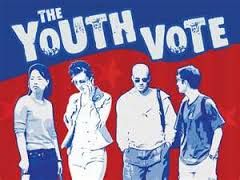
|
|
|
XXVII 1. The Twenty-seventh amendment to the United States Constitution prohibits any law that increases or decreases the salary of members of Congress from taking effect until the start of the next set of terms of office for Representatives. 2. It is the most recent amendment. 3. Ratified in 1992. |

|

